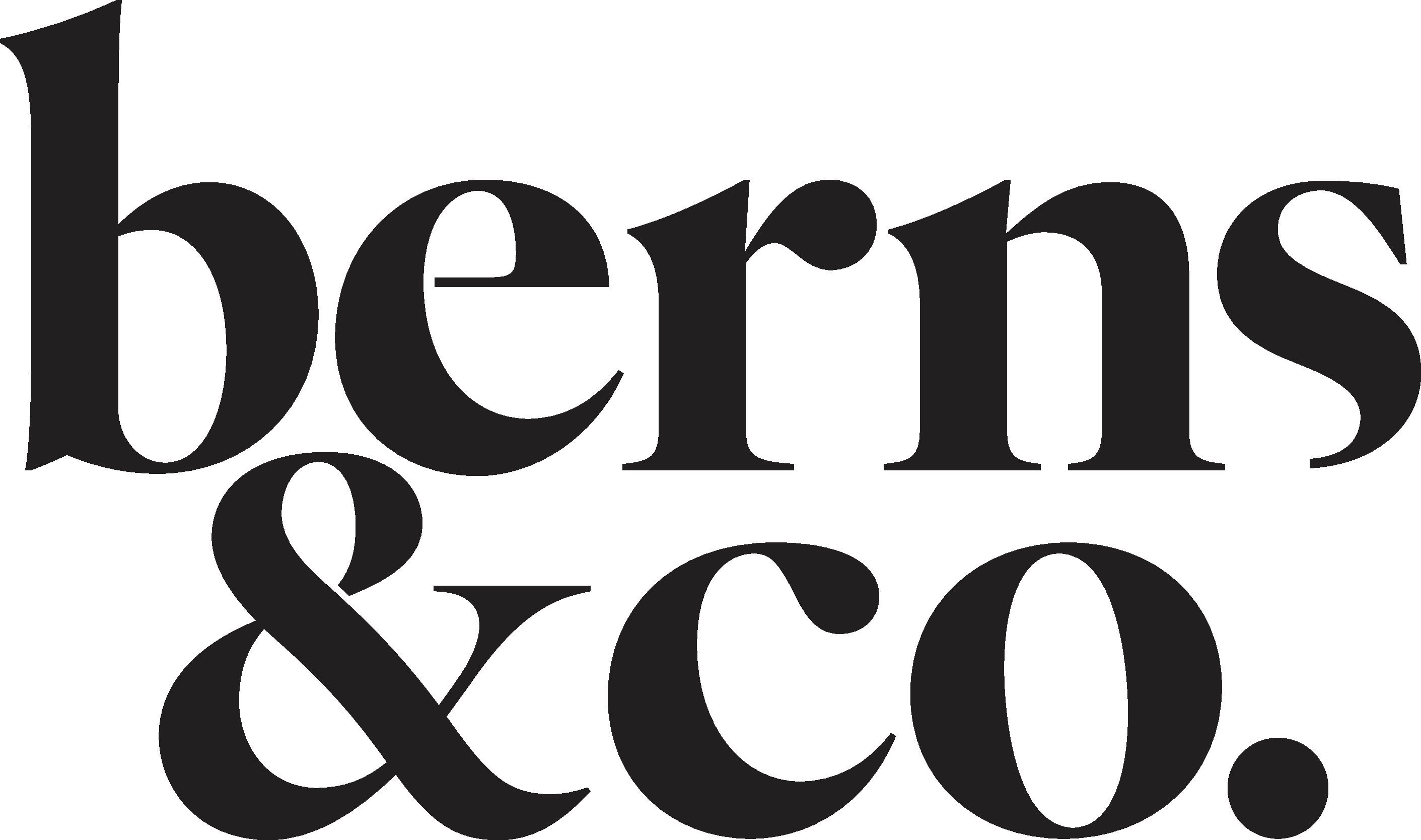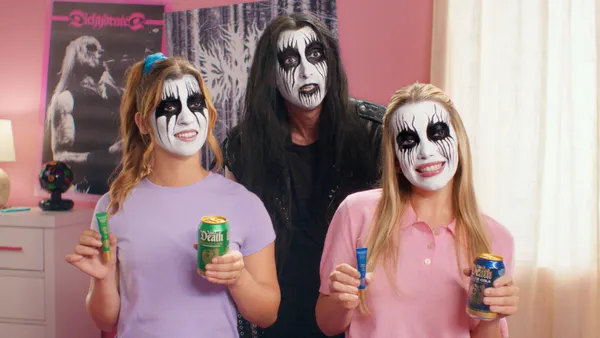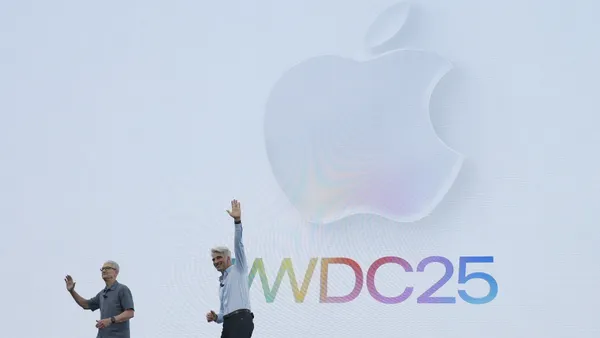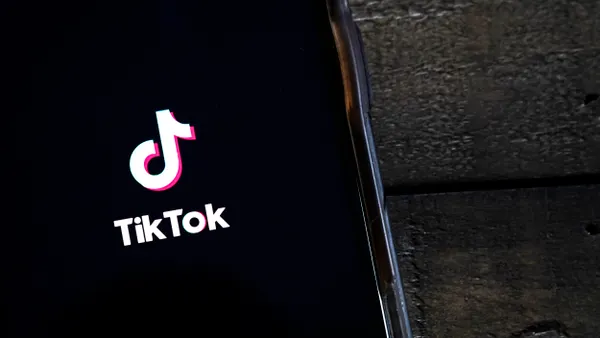Brief:
- Caffeine drink brand 5-Hour Energy boosted sales and short-term return on ad spend (ROAS) with an Instagram influencer campaign, per an announcement from IRI and Influential that was shared with Mobile Marketer. The campaign, which ran from August through October 2018, included 15 Instagram posts from three social influencers who attended concerts by country music singer Dierks Bentley.
- The campaign drove a short-term ROAS of $6.11, more than six times higher than the $0.92 average of social media food campaigns measured by market researcher IRI and influencer technology firm Influential. The campaign generated an incremental $1.2 million in in-store sales.
- The campaign generated 22.9 million impressions, while the sentiment of user-generated comments was considered 100% positive or neutral, per the announcement. Influencers for the campaign were selected based on Influential's IBM Watson artificial intelligence (AI) technology, which chooses the most appropriate influencers based on keywords and personality traits.
Insight:
The social influencer campaign for 5-Hour Energy boosted positive results for the brand, as measured by IRI and Influential. The firms touted their ability to track metrics like sales lift, ROAS and halo effects to demonstrate the value of influencer marketing to consumer packaged goods (CPG) brands. While influencers like reality-TV star and makeup entrepreneur Kylie Jenner have millions of followers, brands increasingly are working with influencers who may have a smaller reach, but whose psychographic profiles line up well with a narrower target audience.
The three influencers for the campaign were Kelsey Lowrance, a Dallas Cowboy cheerleader; Courtney Steeves, a travel and style blogger; and Marza Wilks, a 24-year-old Peruvian cellist at Juilliard. Their Instagram posts boosted sales by 1.8% in three test markets — Boston; Louisville, Kentucky and Grand Rapids, Michigan — compared with control markets in Seattle; Augusta, Georgia and Columbus, Ohio. IBM Watson, the tech giant's AI computer, helped to identify those influencers by matching their personalities with the brand's specific qualities and target demographic, Forbes reported.
Influencer marketing promises to help brands reach consumers who are looking for reliable advice about products, services and content, but identifying the right influencers for campaigns remains a key concern. Thirty-nine percent of marketers reported finding the best influencers as their biggest challenge, a survey by influencer marketing agency Relatable found. Other key challenges include measuring the results of influencer campaigns, unclear goals, lack of a budget and a bad experience with prior influencer campaigns, the survey found. Despite these concerns, 79% of brands planned to dedicate a budget to influencer marketing this year, the survey found.











